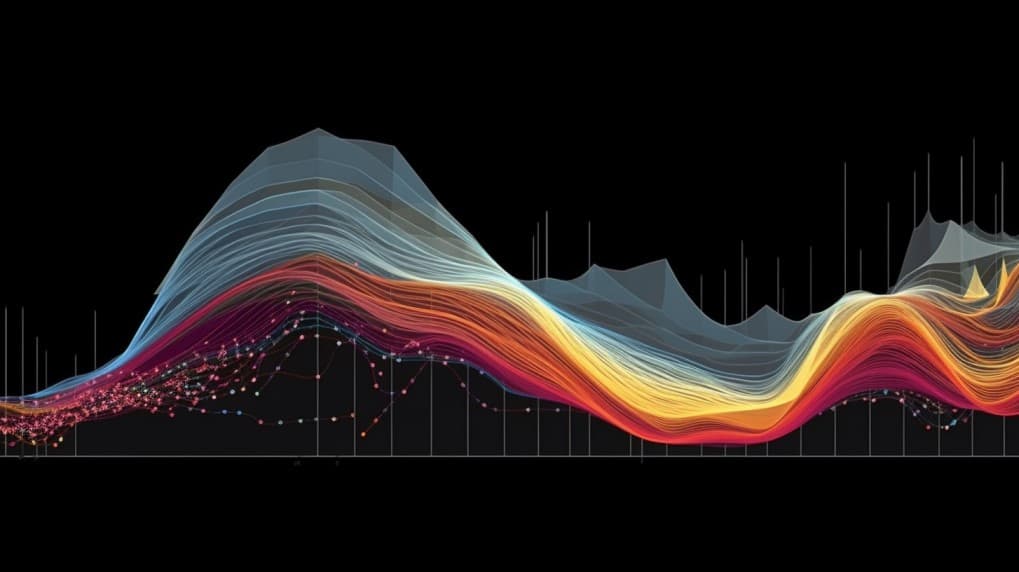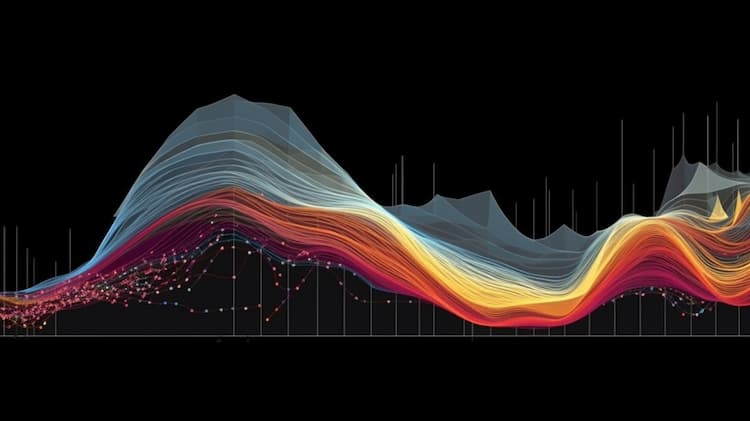
IBB VS IXJ
Exchange-Traded Funds (ETFs) have transformed the investment landscape, providing investors with a diversified and cost-effective way to gain exposure to various sectors and asset classes. In this article, we will undertake an in-depth comparison between two prominent ETFs: IBB (iShares NASDAQ Biotechnology ETF) and IXJ (iShares Global Healthcare ETF). We will delve into key aspects including ETF tickers, full names, issuers, sectors, top holdings, capitalization, investment strategy, tracking methods, and exposure.
IBB Vs IXJ: Overview
The IBB and IXJ ETFs offer distinct approaches to the healthcare and biotechnology sectors. While IBB focuses solely on biotech companies listed on the NASDAQ, IXJ provides global exposure to the broader healthcare industry. This disparity in focus leads to varying risk profiles and opportunities, which we will dissect in the upcoming sections.
IBB Vs IXJ: Sectors and Top Holdings
The IBB ETF is designed to capture the performance of biotechnology companies, with holdings that encompass firms engaged in areas such as drug development, research, and innovation. On the other hand, the IXJ ETF covers a broader spectrum of healthcare, including pharmaceuticals, healthcare providers, and medical technology. Evaluating the sectors and top holdings assists investors in aligning their investment goals with the appropriate ETF.
 IBB overlap IBB VS IXJ
IBB overlap IBB VS IXJ
IBB Vs IXJ: Capitalization and Investment Strategy
With a substantial asset under management (AUM), IBB is a reflection of its popularity among investors looking for exposure to the biotechnology industry. IXJ's strategy centers around providing a comprehensive view of the global healthcare market. The divergence in capitalization and investment approach between these two ETFs necessitates a thorough understanding to make informed investment decisions.
IBB Vs IXJ: Tracking Methods and Exposure
IBB tracks the performance of the NASDAQ Biotechnology Index, which comprises NASDAQ-listed biotech companies. This targeted approach can result in higher volatility due to the concentrated exposure. In contrast, IXJ tracks the S&P Global 1200 Healthcare Sector Index, offering broader international exposure to the healthcare sector. Recognizing the differences in tracking methods and exposure helps investors gauge their comfort level with risk and potential returns.
Conclusion
IBB and IXJ stand as distinctive ETFs, each catering to specific segments of the healthcare and biotechnology industries. For investors seeking to gain deeper insights into holdings, correlations, overlaps, and more, ETF Insider emerges as an invaluable tool. With its user-friendly app, ETF Insider provides comprehensive insights into these ETFs and other financial instruments.
Disclaimer: This article is intended for informational purposes only and does not provide investment advisory services.
Sources:
https://www.bloomberg.com/ IBB ETF issuer
https://www.bloomberg.com/quote/IBB:US IBB ETF official page
IBB quote and analysis
Discover the top holdings, correlations, and overlaps of ETFs using our visualization tool.
Our app allows you to build and track your portfolio.
To learn more about the IBB iShares Biotechnology ETF, access our dedicated page now.
FAQ
Why is IBB better than IXJ?
IBB may be considered better than IXJ for some investors due to its specific focus, offering diversification.
Does IXJ beat IBB?
IXJ's performance relative to IBB will vary over time, depending on market conditions.
Should I invest in IBB or IXJ?
The choice between IBB and IXJ should align with your investment goals, risk tolerance, and desired exposure.
Are IBB and IXJ good investments?
Both IBB and IXJ can be suitable investments depending on individual investment strategies, goals, and risk profiles.
What is the correlation between IBB and IXJ?
The correlation between IBB and IXJ can vary over time, reflecting differences in performance.


















